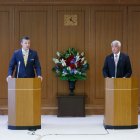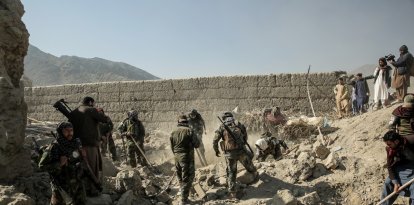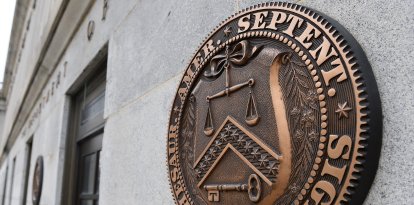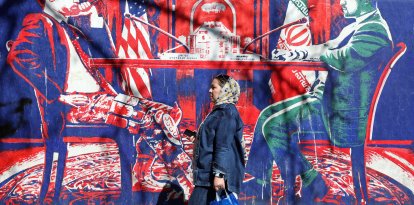Marco Rubio Announces Visa Restrictions on Chinese Officials for Restricting Access to Tibetan Areas
The Secretary of State called on the Chinese regime to release access to Tibetan areas for diplomats, journalists and international organizations.
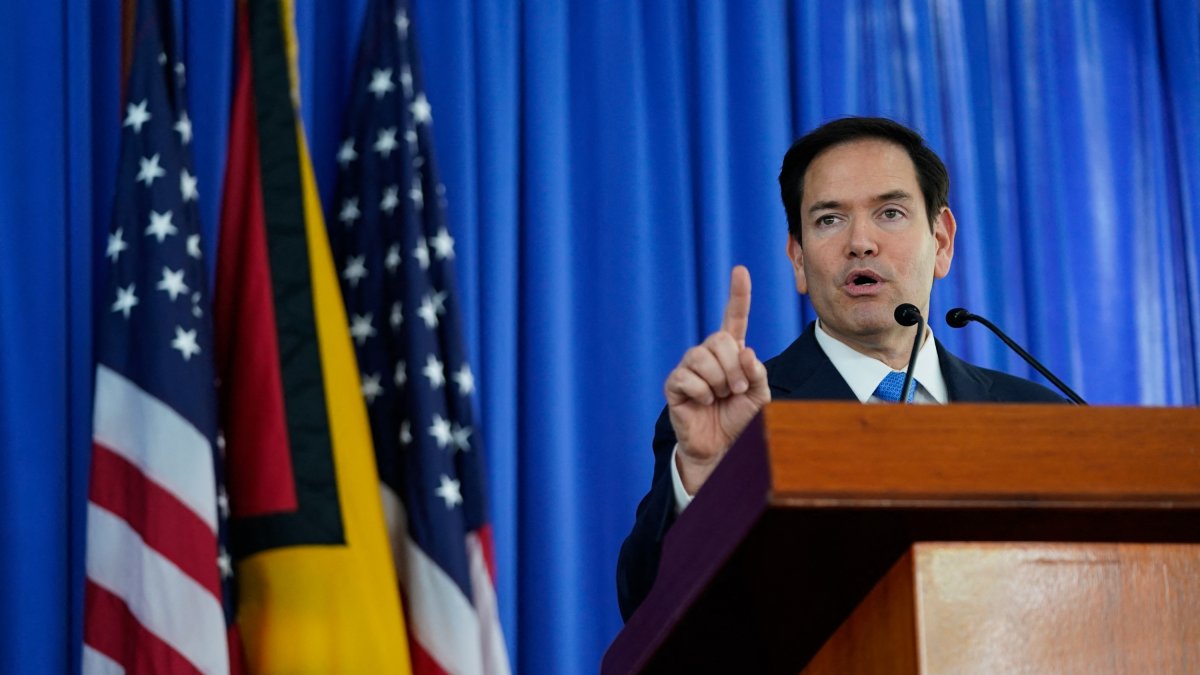
Marco Rubio in a file image
Secretary of State Marco Rubio reported Monday that the United States imposed new visa restrictions on Chinese officials involved in blocking foreign access to Tibetan areas.
"For far too long, the Chinese Communist Party (CCP) has refused to afford U.S. diplomats, journalists, and other international observers access to the Tibet Autonomous Region (TAR) and other Tibetan areas of China, while China's diplomats and journalists enjoy broad access in the United States," the secretary of state said in a statement.
Without mentioning any particular Chinese officials, Rubio continued, "U.S. diplomats are also unable to provide services to U.S. citizens traveling in Tibet. This lack of reciprocity is unacceptable and will not be tolerated."
Today I am imposing visa restrictions against Chinese officials who have engaged in systematic efforts to restrict access to Tibetan areas.
— Secretary Marco Rubio (@SecRubio) March 31, 2025
China must restore reciprocity for our diplomats and others to access Tibetan areas in the same way that China’s diplomats enjoy broad…
Rubio therefore called on the Chinese regime to release access to Tibetan areas to diplomats, journalists and international organizations.
An occupation of almost 75 years
Although Mao Zedong's communist regime called the incursion a "peaceful liberation" of Tibet's feudal regime, the Chinese army occupied the country for several months until the Dalai Lama, Tenzin Gyatso, signed the controversial 17-Point Agreement when he was just 15 years old.
According to the Dalai Lama, the Buddhist spiritual leader, the agreement should be invalid because he signed it under duress.
Since that time, various international human rights organizations and exiles have denounced China's fierce repression in Tibetan areas, controlled at will by the CCP.
Despite constant US diplomatic criticism of China over the situation in Tibetan areas, Washington recognizes Tibet as part of China.
According to the State Department, the US "has repeatedly pressed Chinese authorities to respect religious freedom for all people and to allow Tibetans to preserve, practice, teach, and develop their religious traditions and language without interference from the government."
According to the State Department, the US "has repeatedly pressed the Chinese authorities to respect the religious freedom of all persons and to allow Tibetans to preserve, practice, teach, and develop their religious traditions and language without government interference.
In recent years and especially in recent months, the U.S. and China have seen their relations heat up over trade tariffs, the Taiwan situation, ownership of TikTok, the origin of COVID-19, and the geopolitical expansion of the Asian giant in Africa and the Americas, regions where Beijing's influence is growing by leaps and bounds as it tries to wrest the position of global hegemon from Washington.





